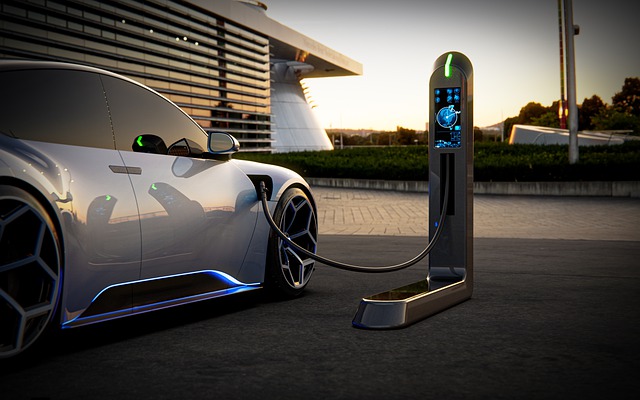Introduction
As the global shift towards sustainable transport accelerates, electric vehicles (EVs) are becoming increasingly popular. A key part of this transition is the availability and accessibility of charging stations for electric cars. This article examines the different types of charging stations, their installation process, costs, advances in charging technology, and future trends in the industry.
Types of charging stations for electric cars
Level 1 Charging Station
Level 1 charging stations use a standard 120-volt outlet and provide the lowest charging speed, typically increasing range by 3-5 miles per hour. These chargers are often included with the purchase of an electric vehicle and are ideal for overnight charging at home.
Level 2 Charging Station
Level 2 chargers operate at 240 volts and significantly reduce charging time and increase range by approximately 15-25 miles per hour. These chargers require a dedicated electrical circuit and are commonly installed in homes, workplaces and public places.
DC fast charging stations
DC fast chargers provide fast charging by supplying direct current (DC) directly to the battery. These stations can add 60-80 miles of range in just 20 minutes, making them ideal for quick charging during long journeys. They are usually found at public charging stations along highways and in urban areas.
Installation of charging stations for electric cars
Home installation
Installing a level 2 charger at home involves several steps:
- Electrical Assessment: Consult a licensed electrician to ensure your home’s electrical system can handle the additional load.
- Charger Selection: Choose a charger that fits your vehicle’s specifications and your charging needs.
- Installation: An electrician will install the charger and ensure it complies with local electrical codes.
Public and commercial installation
For companies and public places, the installation of charging stations for electric cars includes:
- Site Assessment: Evaluate the site for electrical capacity and availability.
- Permits and Compliance: Obtain necessary permits and ensure compliance with local regulations.
- Installation and Testing: Install the chargers and perform testing to ensure they are functional.
Costs of charging stations for electric cars
Home charging station
The cost of installing a Level 2 home charger can range from $500 to $2,000 depending on the charger model and the complexity of the installation. Additional costs may include electrical upgrades and permits.
Public charging stations
Public charging stations are more expensive to install due to higher energy requirements and the need for infrastructure. Costs can range from $10,000 to $50,000 per station. However, various government incentives and grants can offset these expenses.
Advances in charging technology
Innovation for fast charging
Recent advances in fast charging technology aim to further reduce charging times. Ultra-fast chargers with up to 350 kW can increase range to 200 miles in just 10 minutes.
Wireless charging
Wireless or inductive charging is an emerging technology that allows vehicles to be charged without physical connectors. The technology involves embedding charging pads into the ground, allowing vehicles to charge by simply parking on top of them.
Vehicle-to-Grid (V2G) technology.
V2G technology allows electric vehicles to feed electricity back into the grid, representing a potential source of energy storage and grid stability. This technology can help balance supply and demand, especially during peak times.
Future trends in electric car charging
Expansion of the charging infrastructure
As the adoption of electric vehicles increases, there is considerable pressure to expand charging infrastructure. Governments and private companies are investing heavily in building more charging stations, especially in areas with insufficient coverage.
Integration with renewable energy sources
The integration of EV charging stations with renewable energy sources such as solar and wind power is a key trend. This integration can reduce the carbon footprint of electric vehicles and promote sustainable energy use.
Smart charging solutions
Smart charging systems use advanced algorithms and IoT technology to optimize charging time and energy consumption. These systems can schedule off-peak charging to reduce costs and effectively manage network load.
Conclusion
Charging stations for electric cars are an essential part of the transition to sustainable transport. Understanding charger types, installation processes, costs and technological advances can help consumers and businesses make informed decisions. As the industry evolves, future trends such as the expansion of charging infrastructure, integration with renewable energy sources and smart charging solutions will play a key role in driving the widespread adoption of electric vehicles.

